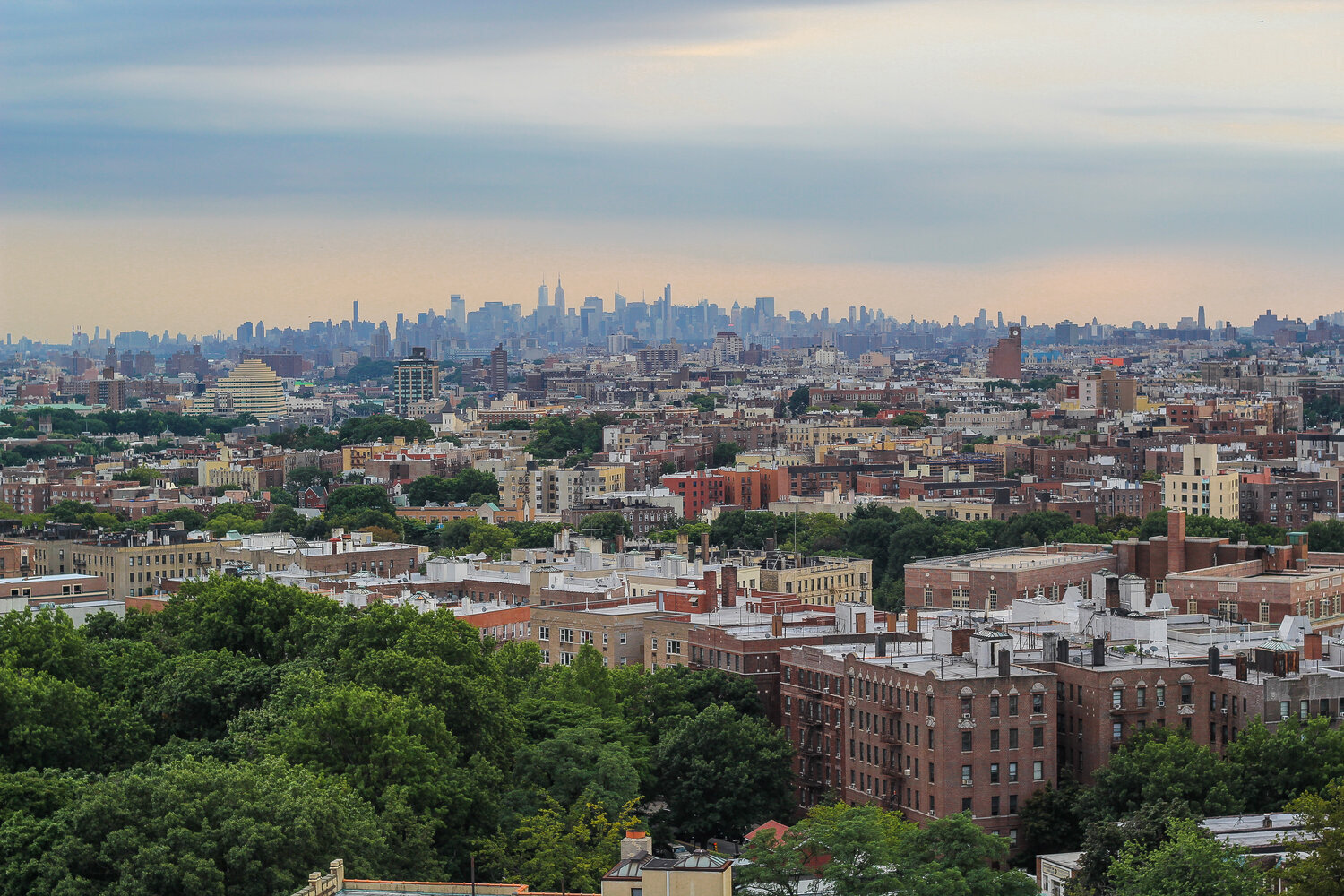REBNY, landlord groups back bill to boost housing voucher value
/PHOTO BY NELSON MEJIA JR./FLICKR
By David Brand
Three of New York’s largest real estate and landlord groups say they support a measure to increase the value of city housing vouchers, a hike that would allow homeless families to actually use the subsidy to rent apartments.
The Real Estate Board of New York, the Rent Stabilization Association and the Community Housing Improvement Program have each encouraged the City Council to pass a bill raising the value of CityFHEPS subsidies to reflect fair market rates established by the federal government.
The legislation, Intro 146, has 35 sponsors but has not been brought to a vote.
“REBNY strongly supports Intro 146 as part of our ongoing advocacy for expanding access to rental assistance to help reduce homelessness and keep vulnerable residents safely in their homes,” said REBNY President James Whelan in a statement Tuesday.
CHIP Executive Director Jay Martin said last year that the voucher increase would be a “win-win” for tenants and landlords. “Vouchers could really be a lifeline to people struggling financially and provide, frankly, the means for a landlord to place someone in an apartment that they otherwise can’t afford,” said Martin, whose organization represents thousands of small landlords.
FHEPS vouchers are capped at $1,557 per month for a two-bedroom apartment, even though the Department of Housing and Urban Development sets the fair-market rate in New York City at $2,053. The federal Section 8 program provides a $2,217 subsidy for a two-bedroom apartment in the five boroughs.
Voucher values trail actual average rents in every single neighborhood in New York City, according to data compiled by the shelter provider Win. The low value discourages landlords from accepting the subsidies when they can make more from other renters, said Win Executive Director Christine Quinn, a former city council speaker, Tuesday.
“What’s worse than giving people no hope is giving them false hope,” Quinn said. “And that’s what a CityFHEPS voucher is: false hope.”
Raising the value may fail to address another issue affecting voucher-holders: Landlords and brokers frequently decline to rent to homeless families with the subsidy, even though source-of-income discrimination is illegal.
Still, a higher FHEPS cap will likely encourage landlords to accept the voucher, a guaranteed monthly rent during a financial crisis.
“Any consideration by the State or the City to increase housing vouchers for struggling tenants is a win-win situation for both property owners and their tenants,” said a spokesperson for the Rent Stabilization Association.
“The negative financial impact of the ongoing pandemic is a reminder that the federal and local governments must do a better job in expanding voucher and subsidy programs so that tenants can continue to meet their rental obligations and building owners can pay their building operating expenses,” he added.
Fewer than 5 percent of families with FHEPS vouchers — short for Fighting Homelessness and Eviction Prevention Supplement — actually find an apartment using the vouchers, according to city data obtained by Councilmember Stephen Levin.
Homeless New Yorkers have described their frustration with the vouchers, which provide a sliver of hope dashed by the realities of the city’s housing market.
Tasha Wells, a mother of three living in a Brooklyn family shelter, said last year that she searched for months without finding a landlord willing to accept her voucher.
“I have everything I need to get a place but there’s no availability out there,” Wells said.




